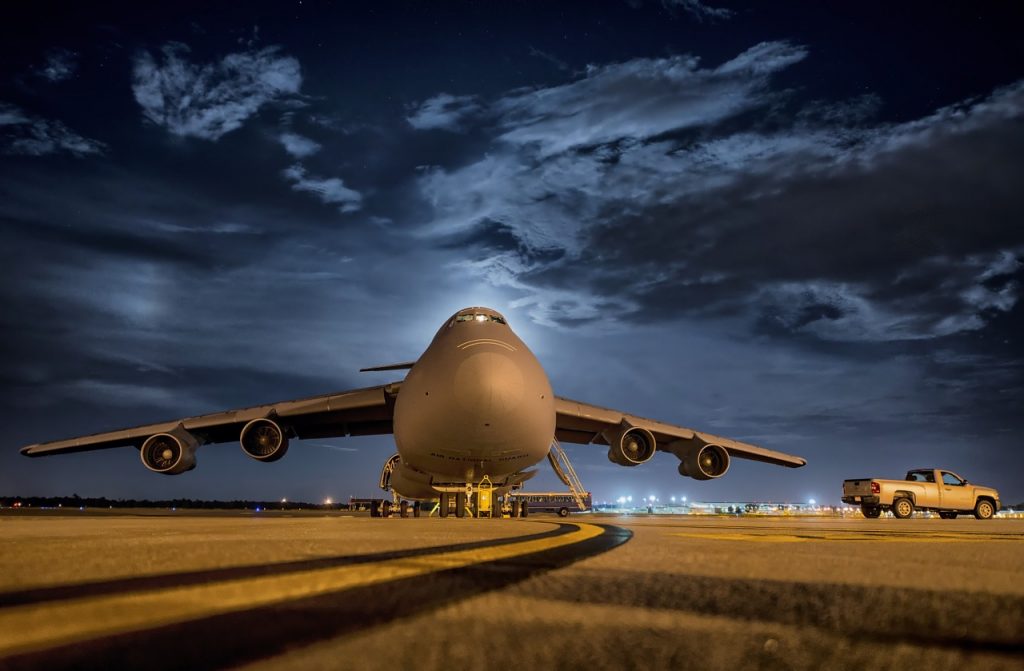Goldman Sachs To Pump Money Into Green New Deal
What would Alexandria Ocasio-Cortez do? Maybe something like this, if she had $750 billion to throw around. Goldman Sachs (NYSE:GS) is aiming to loan this much money to projects that fight climate change or “help financially disadvantaged people,” which could mean just about anything. Everyone who borrows money is by definition financially disadvantaged, otherwise they wouldn’t be borrowing money. So this goal could simply mean business as usual, with a few token loans to environmental projects being emphasized by the Goldman Sachs public relations department.
SEE: Market Morning: PG&E Bankruptcy Trouble, Trade Deal, Costco Holiday List, Trump Financial Records
One indication that the bank may be taking its own environmentalist bent seriously though is that it has implemented a formal ban on financing certain drilling and coal activities, like in the arctic. This may be because at this point with oil still around $60 a barrel, arctic drilling is not economical, or it is just not lucrative enough with interest rates so low to make loans to risky ventures like arctic drilling. Repackaged as an environmental initiative makes it sound better to the public ear. In any case, if the projects it finances are not profitable, the bank will be in a bit of trouble.
737 MAX Goes to 737 MIN
After all those rumors about the 737 MAX being back in the air by 2020, it turns out that they were just rumors. Boeing (NYSE:BA) is going to suspend production of its best selling line of airplanes after regulators said that the flight ban will persist through 2020. Will the company be prosecuted for misleading investors on its various speculations that the 737 MAX would fly in 2020? Probably not, because Boeing is an integral part of the military-industrial complex.
The planes have been grounded for 9 months now. Airlines are struggling without new airplanes, the 737 MAX being particularly fuel efficient, not counting the ones that crashed. Prepare to pay more for airplane tickets in the meantime, more crowded flights, and less choice. Also, watch out for unintended consequences, such as airlines using older, less reliable planes and any resulting consequences from doing so. Spirit AeroSystems (NYSE:SPR), which makes the fuselage for the planes, was down 1.6% on the news. Boeing was down 4.3%. General Electric (NYSE:GE), which produces the engines for the planes fell 1.5%.
Moody’s Gets Moody About Chinese Corporate Debt
Moody’s (NYSE:MCO) Chief Economist Mark Zandi believes that China’s corporate debt load is way too big, calling it the “biggest threat” to the global economy, calling it a “very significant fault line.” Speaking of fault lines, Chinese companies have defaulted on debt at a record pace in 2019. He had some words for the United States as well. “In the United States, it’s similar kind of picture — not to the same degree — but we have seen very significant increase in so-called leveraged lending, as in lending to highly indebted companies, and they are vulnerable if the economy were to slow,” Zandi said. What he didn’t mention was that the Federal Reserve having kept interest rates at close to zero for 11 years probably has something to do with the gargantuan amount of debt everywhere, and the need for lenders to earn income in increasingly risky loans, and that maybe the Fed should stop enabling all this reckless borrowing and lending. Of course, once they do that the whole thing explodes, so the only thing they can do is keep making the problem even bigger.
DuPont Nutrition to Merge with International Flavors & Fragrances
DuPont (NYSE:DD) is spinning off its nutrition business and merging it with International Flavors & Fragrances (NYSE:IFF), which should give its flavors and fragrances some nutritional value, until now lacking in the company’s diet. DuPont’s nutrition unit is valued at $26.2B, with IFF at $11B. This is a further major restructuring for DuPont, which used to be much bigger but spun off its chemical and agriculture businesses years ago. The savings from this latest deal are estimated at $300 million over 3 years. One factor for the merger is that people are trending towards more natural flavors in their foods, with natural flavors accounting for over 50% share of the flavors market in 2018.
As Opioid Settlements Multiply, Purdue’s Sackler Family Siphoned $10B
Over the last 10 years, the Sackler family, founders and owners of Purdue Pharma, maker of OxyContin, siphoned off $10B from the company into its trusts and holding companies. This seems problematic, but what were they expected to do? The audit adds another flavor to the question of how much the Sacklers should contribute to funding settlements over lawsuits stemming from the opioid epidemic. The math on the epidemic alleges 400,000 people killed since 1999, similar to the 19th century opium wars in China when the British smuggled opium into the east against China’s wishes, and ended up with Hong Kong after winning the war to supply opium to China. This worked out well for Hong Kong, less so for China. It remains to be seen if the current opioid wars in the US work out well for American victims of narcotics.
